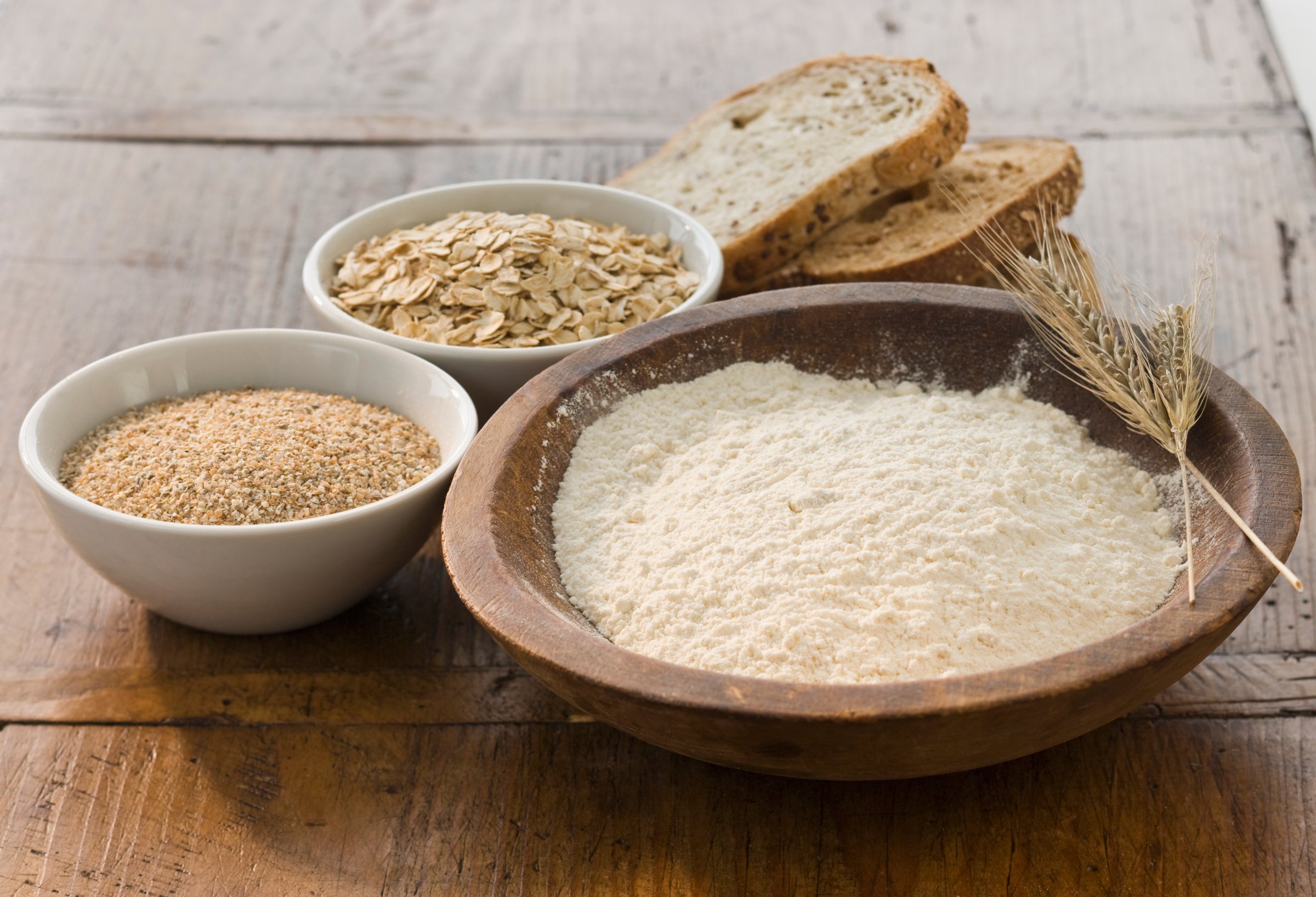
There’s been a bit of gluten-free backlash lately, but this trend doesn’t seem to be slowing down. A recent poll found that nearly 30% of U.S. adults say they’re trying to go gluten free, and Googling the term generates more than 95 million results. If you’re on the gluten-free bandwagon, either because you must avoid gluten due to celiac disease, or because you think you may be gluten intolerant, here are five new bits of info you should know.
Gluten may not be the only culprit in celiac disease
A recent study from researchers at Columbia University concluded that wheat proteins besides gluten may also trigger problematic symptoms in people with celiac disease. While gluten is the primary type of protein in wheat, a substantial number of study subjects with celiac disease had an immune reaction to five groups of non-gluten proteins. In other words, there is likely more to understanding celiac disease than scientists currently know, so stay tuned.
7 Foods That Taste Better Now Than They Will All Year
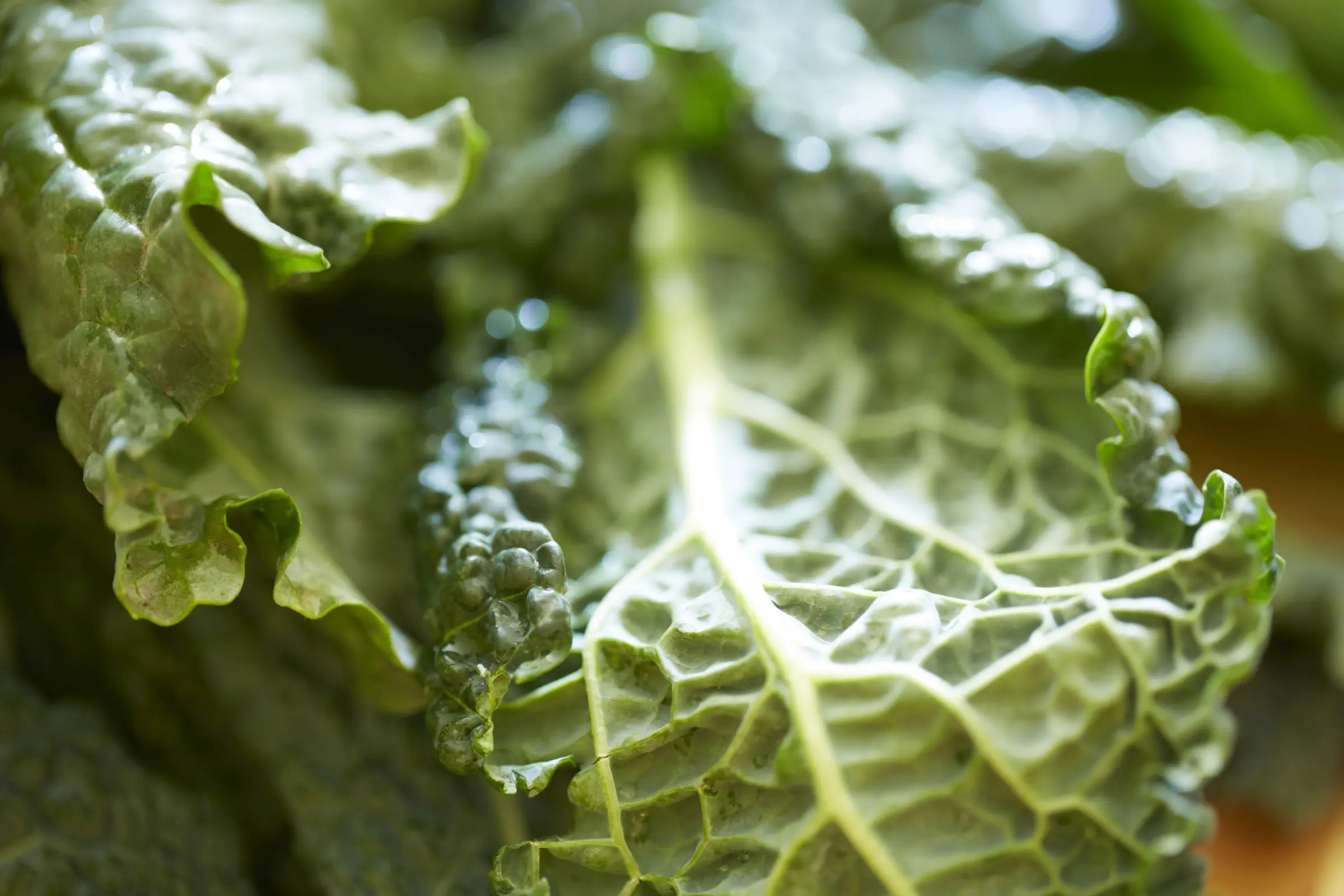
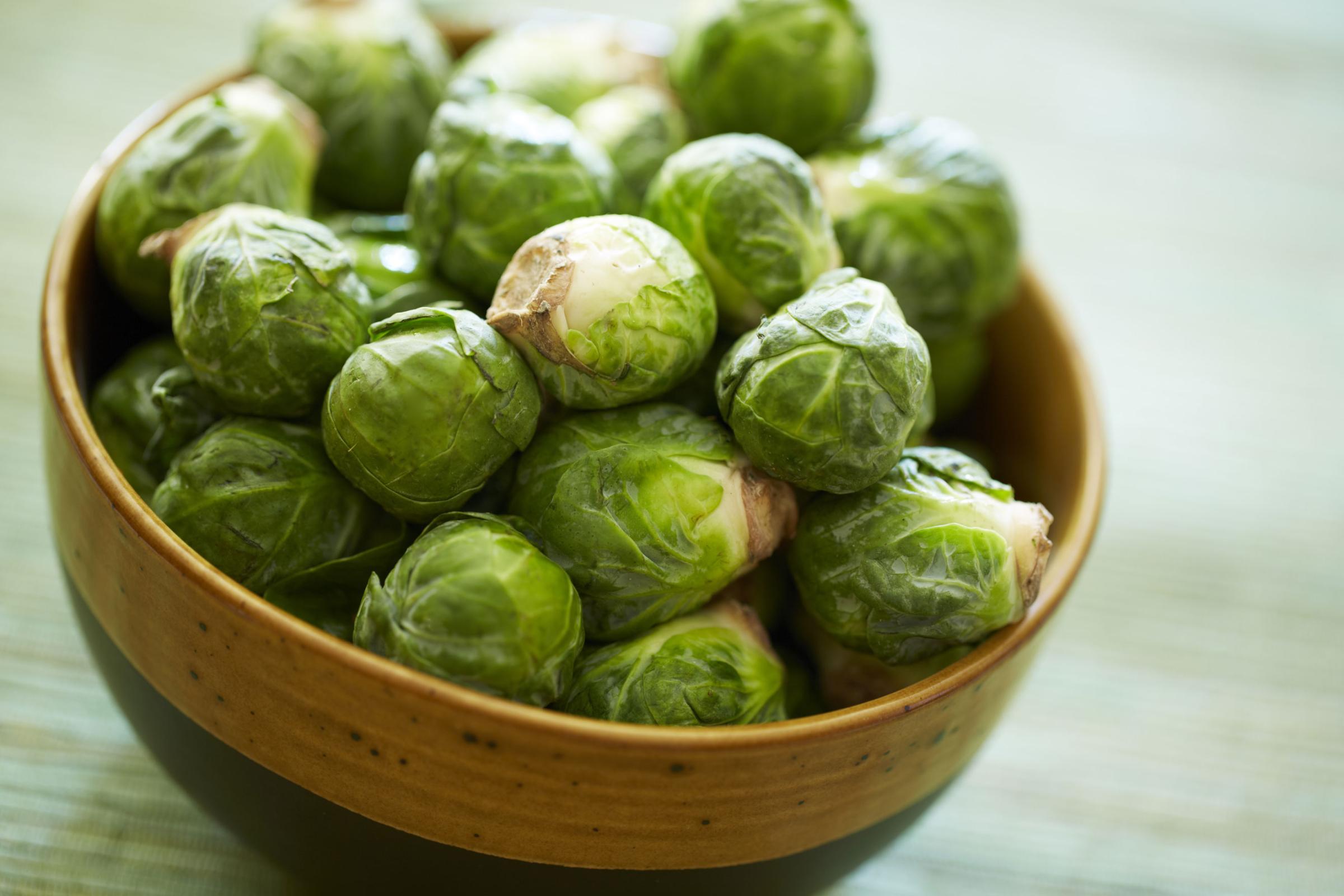
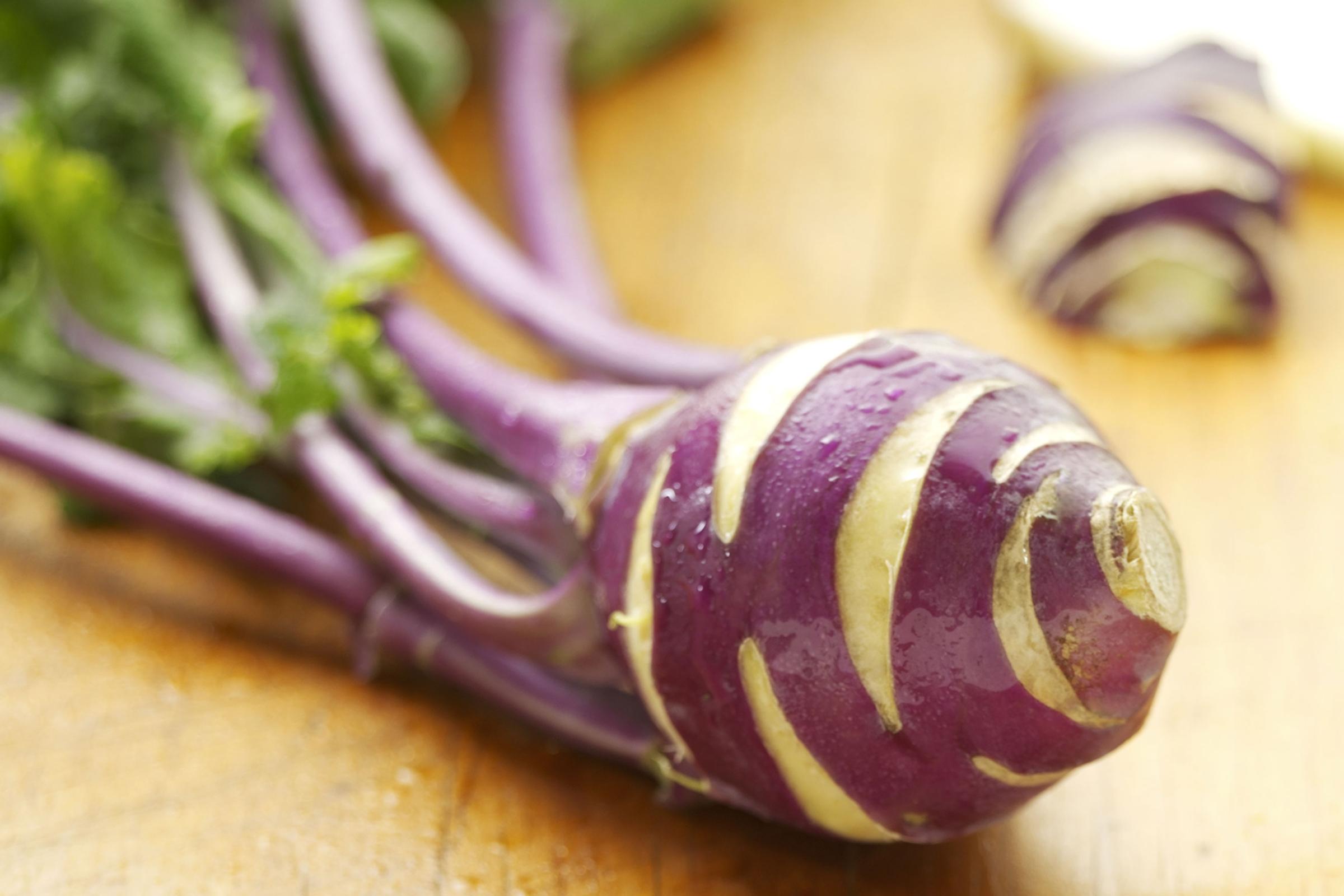
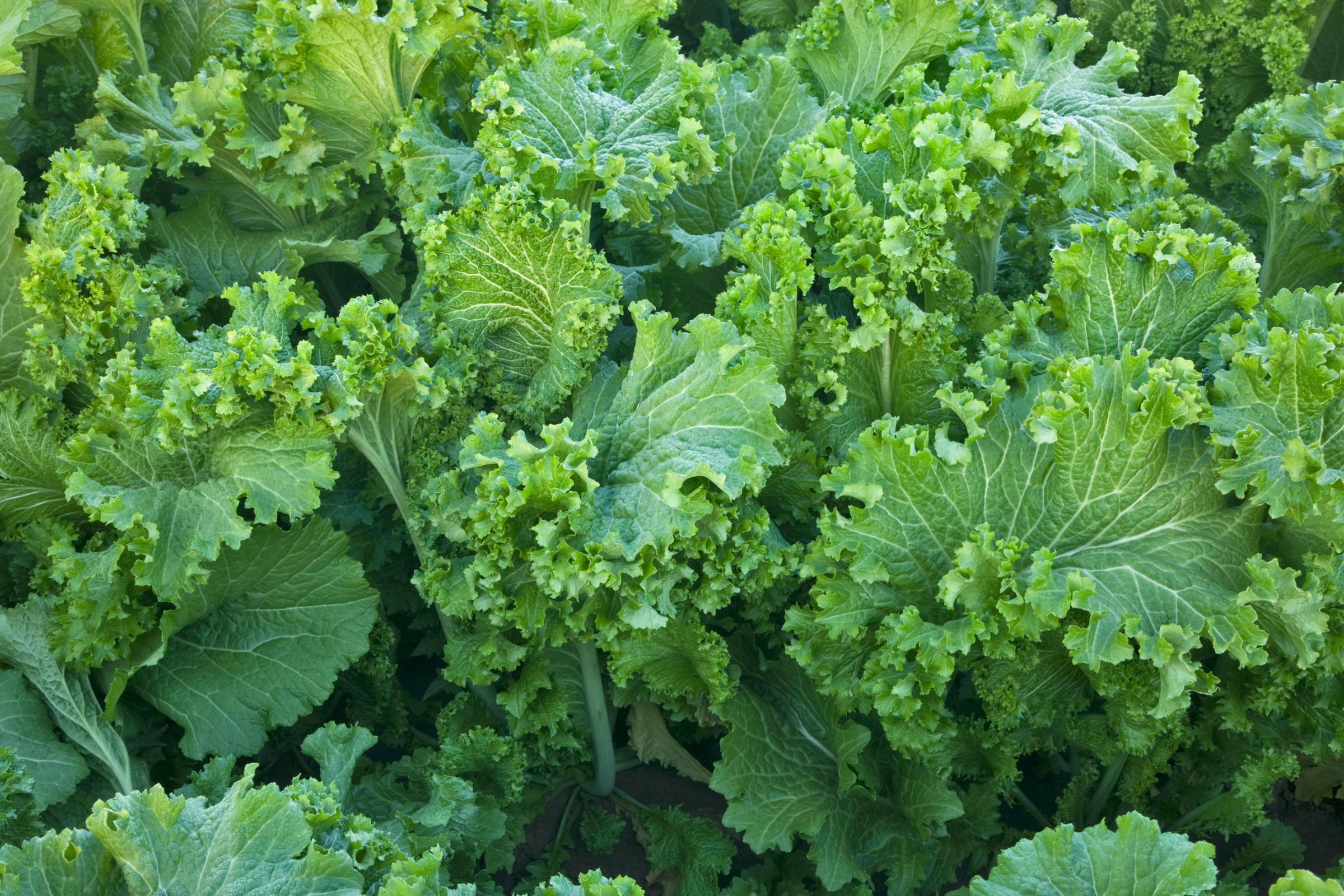

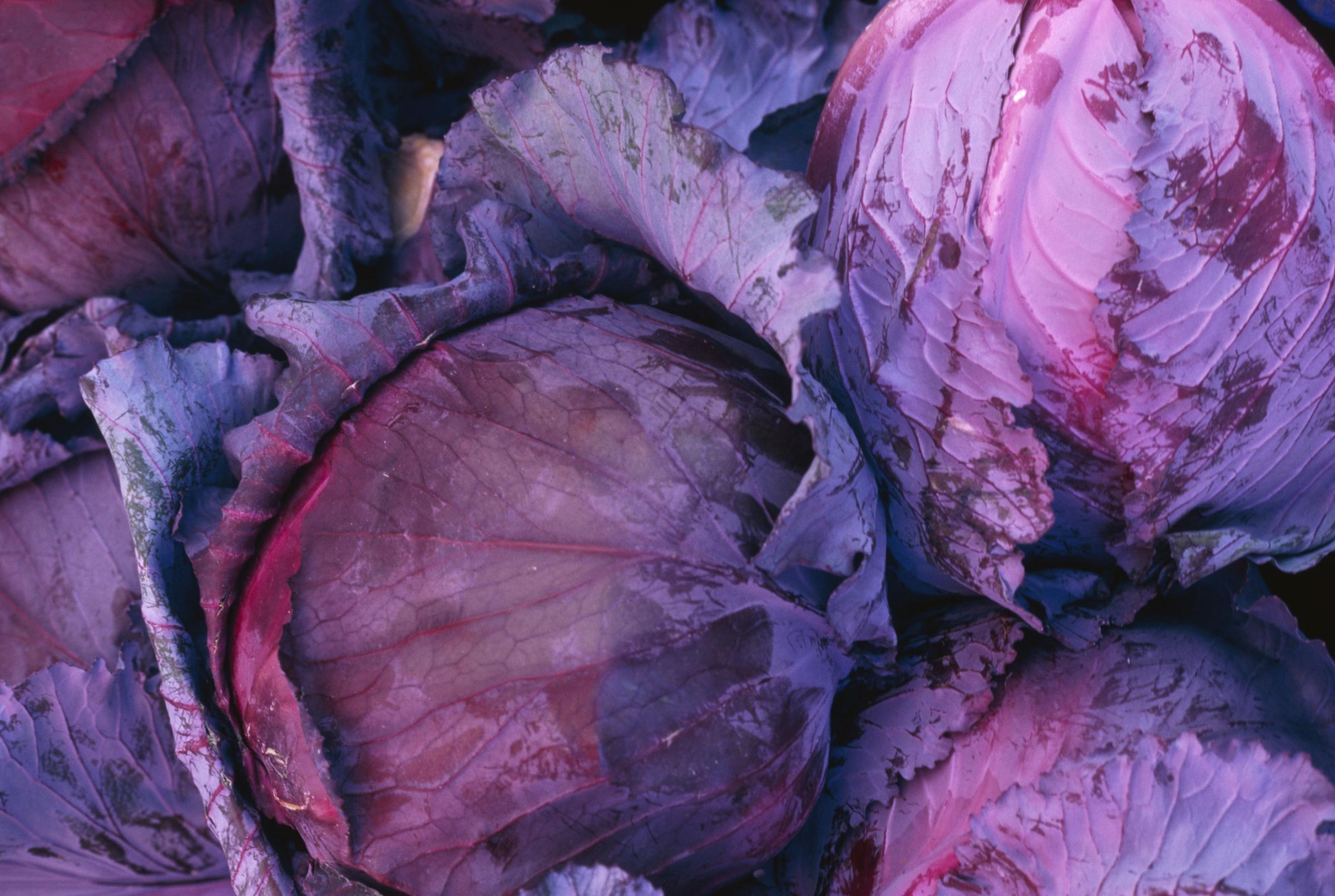
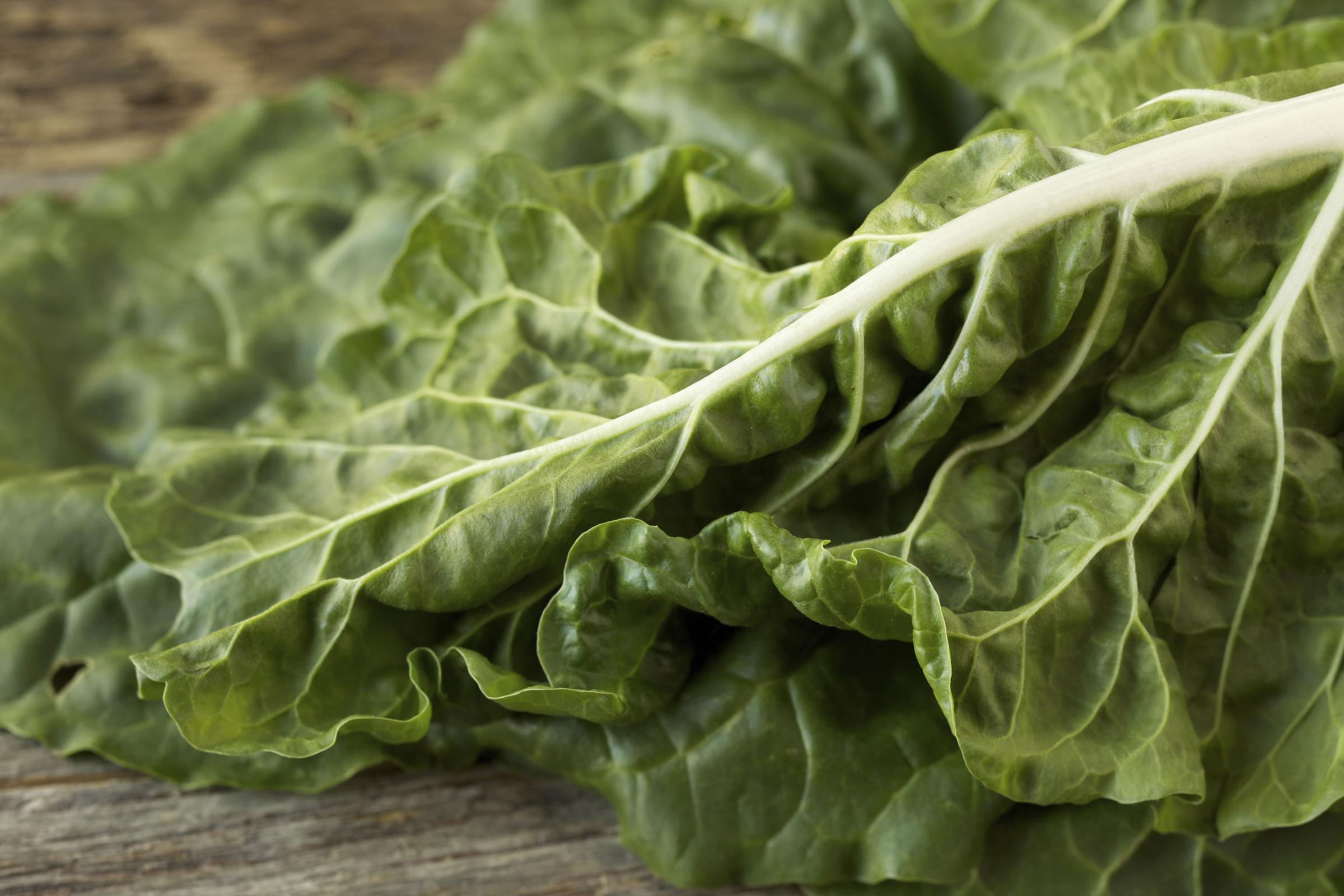
Read more: 15 Diseases Doctors Often Get Wrong
Gluten-free labels are now standardized
Until recently, the term “gluten free” hadn’t been regulated or even defined by the U.S. Food and Drug Administration. But based on an FDA ruling last August, manufacturers can only use the term on products containing less than 20 parts per million of gluten, the established cutoff also used in Canada and Europe. In other words, while gluten free now has a standardized meaning, it doesn’t mean 100% gluten free. This is partly because the most sensitive test available can only test down to 3 parts per million, and clinical studies have determined that achieving 0 parts per million is not necessary to prevent symptoms in people with celiac disease. That said, I have heard of people reacting to eating foods labeled gluten free, which may be a matter of how much they’re eating, as well as the severity of their sensitivity. If you’re concerned, stick with unpackaged, whole food sources of starch that are naturally gluten free, like fruit, potatoes, squash, and root vegetables.
Read more: Best and Worst Foods to Avoid Bloating
Gluten-free fast food may not be safe for people with celiac
Chains like Pizza Hut and Domino’s have started offering gluten-free crust, but because the pizzas are prepared in the same kitchens as those with gluten, they aren’t considered to be safe for everyone with celiac disease. The same cross-contamination risk may be true for the many other fast food chains that now have gluten-free or gluten-sensitive menus, including Arby’s, Chik-fil-A, and Wendy’s. In fact, Burger King even states that the options aren’t intended for people with celiac disease.
Gluten-free junk foods are everywhere
While gluten free has become somewhat synonymous with healthy, clearly there are dozens of unhealthy gluten-free foods. During a recent grocery trip with a client, I spotted many products marked gluten free, including cookies, brownies, pizza, mac and cheese, ice cream sandwiches, chips, and beer. There’s even been talk of a gluten-free Twinkie. While some of these foods are a godsend for people with celiac disease (who can finally eat some of the treats they previously had to avoid), they certainly aren’t the foundation of a nutrient-rich, healthful diet. And as you may have already discovered, these foods are one of the reasons why simply giving up gluten isn’t a magic bullet for weight loss.
Read more: 12 ‘Unhealthy’ Foods Nutritionists Eat
Food sensors are in the works
While celiac disease and gluten sensitivity are not the same as food allergies, a new technology designed to test foods for allergens will also include gluten detection. TechCrunch reports that the $150 portable sensor device in development from 6SensorLabs will require disposable units that will be inserted into a food to test for risky ingredients, and users will be able to share their results via an app. If it’s accurate it could be a game changer, although it’s not clear if the device works on every single food.
Cynthia Sass, MPH, RD, is Health’s contributing nutrition editor, and privately counsels clients in New York, Los Angeles, and long distance. Cynthia is currently the sports nutrition consultant to the New York Rangers NHL team and the Tampa Bay Rays MLB team, and is board certified as a specialist in sports dietetics.
More Must-Reads From TIME
- The 100 Most Influential People of 2024
- Coco Gauff Is Playing for Herself Now
- Scenes From Pro-Palestinian Encampments Across U.S. Universities
- 6 Compliments That Land Every Time
- If You're Dating Right Now , You're Brave: Column
- The AI That Could Heal a Divided Internet
- Fallout Is a Brilliant Model for the Future of Video Game Adaptations
- Want Weekly Recs on What to Watch, Read, and More? Sign Up for Worth Your Time
Contact us at letters@time.com